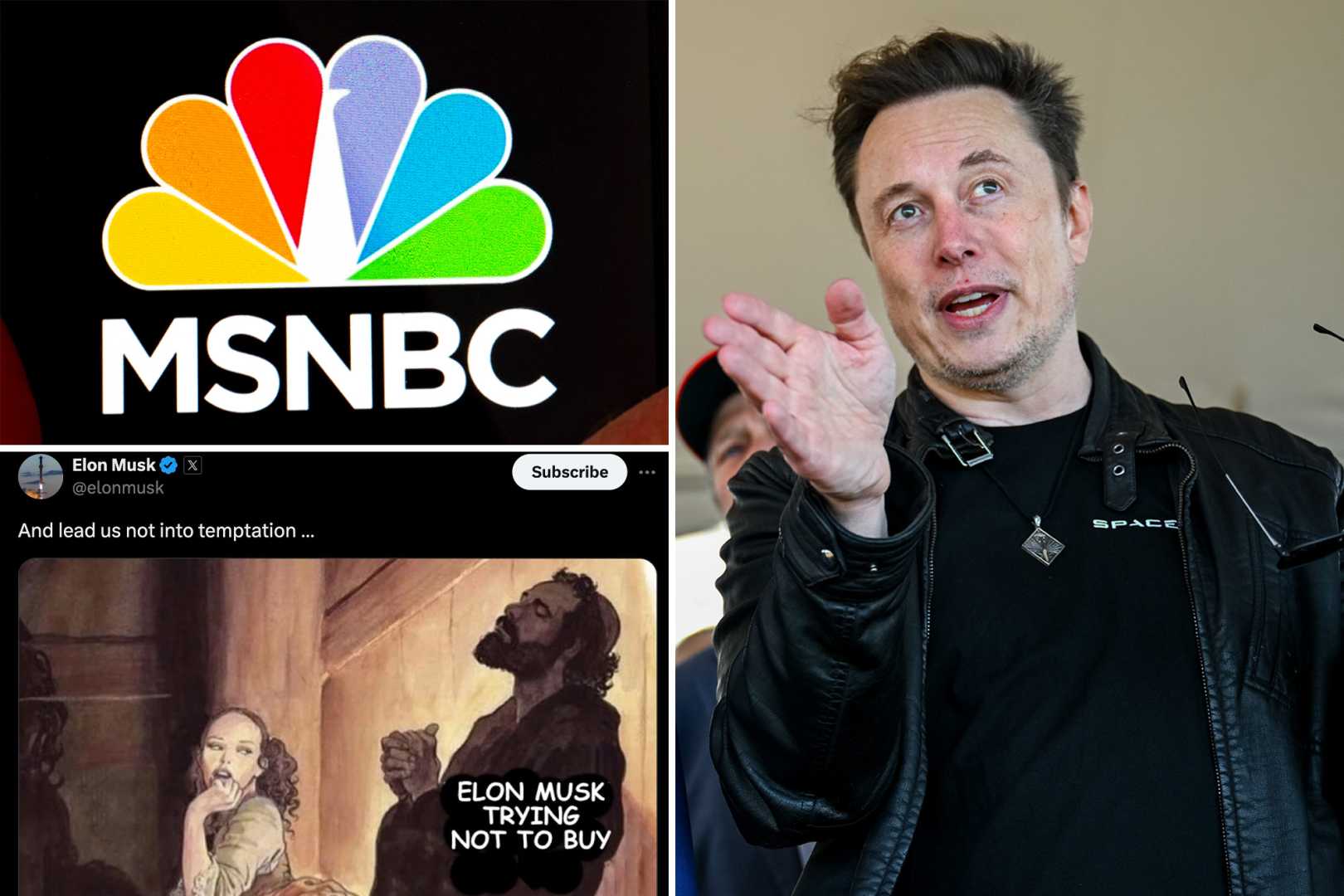News
Elon Musk Hints at Buying MSNBC, Sparking Controversy and Speculation

Elon Musk, the CEO of Tesla and SpaceX, has sparked significant controversy and speculation by hinting at the possibility of purchasing MSNBC, a prominent leftist cable news network. This suggestion came after Comcast, the parent company of MSNBC, announced plans to separate its cable TV channels into a distinct business entity.
Musk’s interest was piqued when Donald Trump Jr. posted on X, saying, ‘Hey @elonmusk I have the funniest idea ever!!!’ Musk responded with a query, ‘How much does it cost?’ and added a laughing emoji, suggesting that the idea might be more than just a joke. This is not the first time Musk has made such a comment; in 2017, he similarly inquired about the cost of Twitter, which he later acquired for $44 billion in 2022.
The potential purchase has raised concerns given Musk’s previous actions after acquiring X (formerly Twitter). One of his first moves was to lift the ban on former President Donald Trump’s account, which had been blocked following the January 6, 2021, Capitol riot. This move has led to an exodus of users from X to alternative platforms like Bluesky. Additionally, Musk has suggested cutting federal funding to publicly supported news organizations and has been critical of media outlets, aligning with some of Trump’s views on press freedoms.
Commentators and analysts have weighed in on the potential implications of such a purchase. Journalist Brad Polumbo described the idea as “iconic” and suggested it could lead to significant changes, including mass resignations and on-camera meltdowns. Others have speculated about the potential value of MSNBC, estimating it could be between $1 billion to $10 billion, considering the infrastructure and media licenses it would bring.
The acquisition could also allow Musk to integrate his other ventures, such as Starlink, SpaceX, and Tesla, into the network, potentially creating a new mainstream media outlet with a different ideological flavor. However, the move is likely to face strong opposition from those who are concerned about the concentration of media ownership and the potential for biased reporting.












